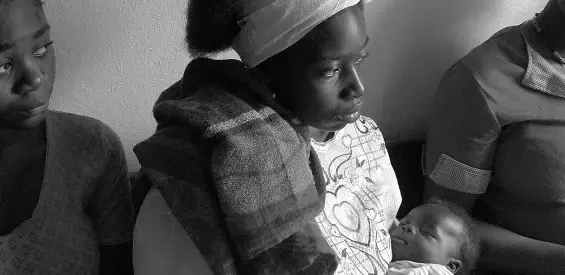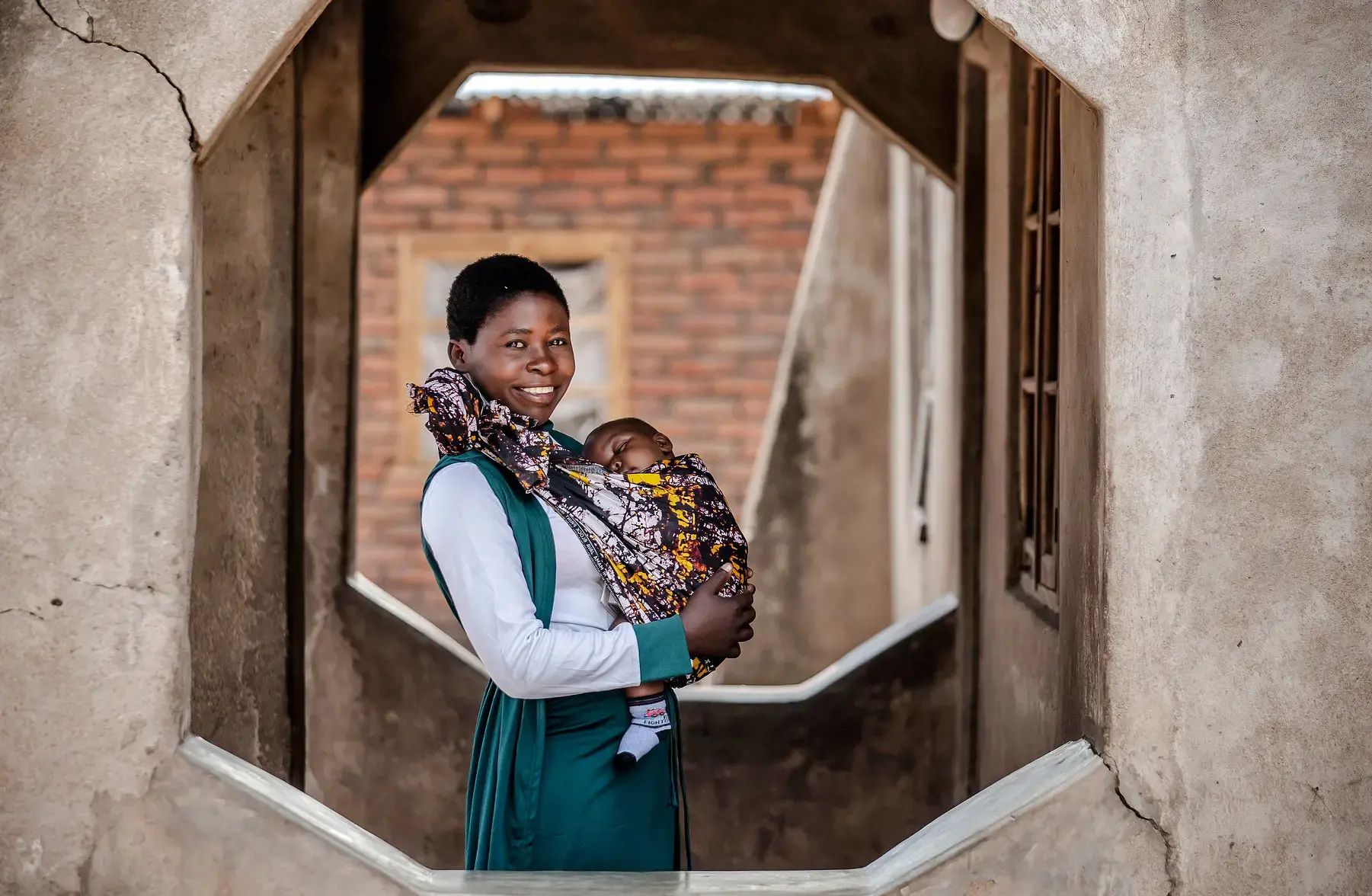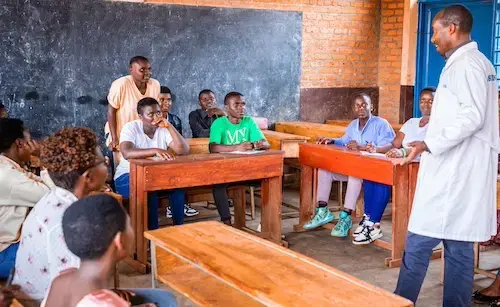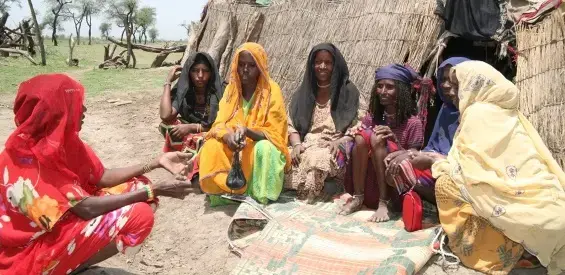Child marriage results in high development costs and limited life options for girls. When girls are married as children, they are denied an education, robbed of their childhood and opportunities to develop their potential at the pivotal life stage when they should become healthy, empowered and productive.
Generally, the poorest, least educated girls, many of them living in rural areas, are most affected. By foreshortening their education and potential, this harmful practice further entrenches girls and their future families in poverty.
Girls’ vulnerability increases in humanitarian settings when family and social structures are disrupted. In some crises, child marriage is used as a protection strategy against sexual violence.
All girls, married or unmarried, are entitled to human rights and have immense potential. All girls are created equally, but do not enjoy equal opportunities. Girls at risk of child marriage and married girls need protection and programmes that respect their rights and can turn their situation around.
Breaking the silence on child marriage
We need to bring greater attention to the situation faced by girls at risk of child marriage and married girls, and advocate strongly for their rights. Child marriage is not good for girls, nor for development. The world cannot afford to see the rights, health and potential of thousands of girls being squandered each day. This is why:
- We need to work with policy makers and parliamentarians to enact and enforce laws against child marriage. This includes legislation to increase the minimum age of marriage to 18, and to eliminate differences in the legal age between boys and girls.
- We need to work closely with communities, traditional leaders, families, and the girls themselves to highlight the dangers posed to girls, to promote their rights, and find alternatives to the practice.
- And we need to promote investments that build up adolescent girls’ capabilities and skills, especially education. Girls’ education, especially post-primary and secondary, is the single most important factor associated with age at marriage.
- Girls need social support and access to programmes that provide life skills, literacy, livelihoods, and sexual and reproductive health information and services, such as family planning and life-saving maternal health services.





